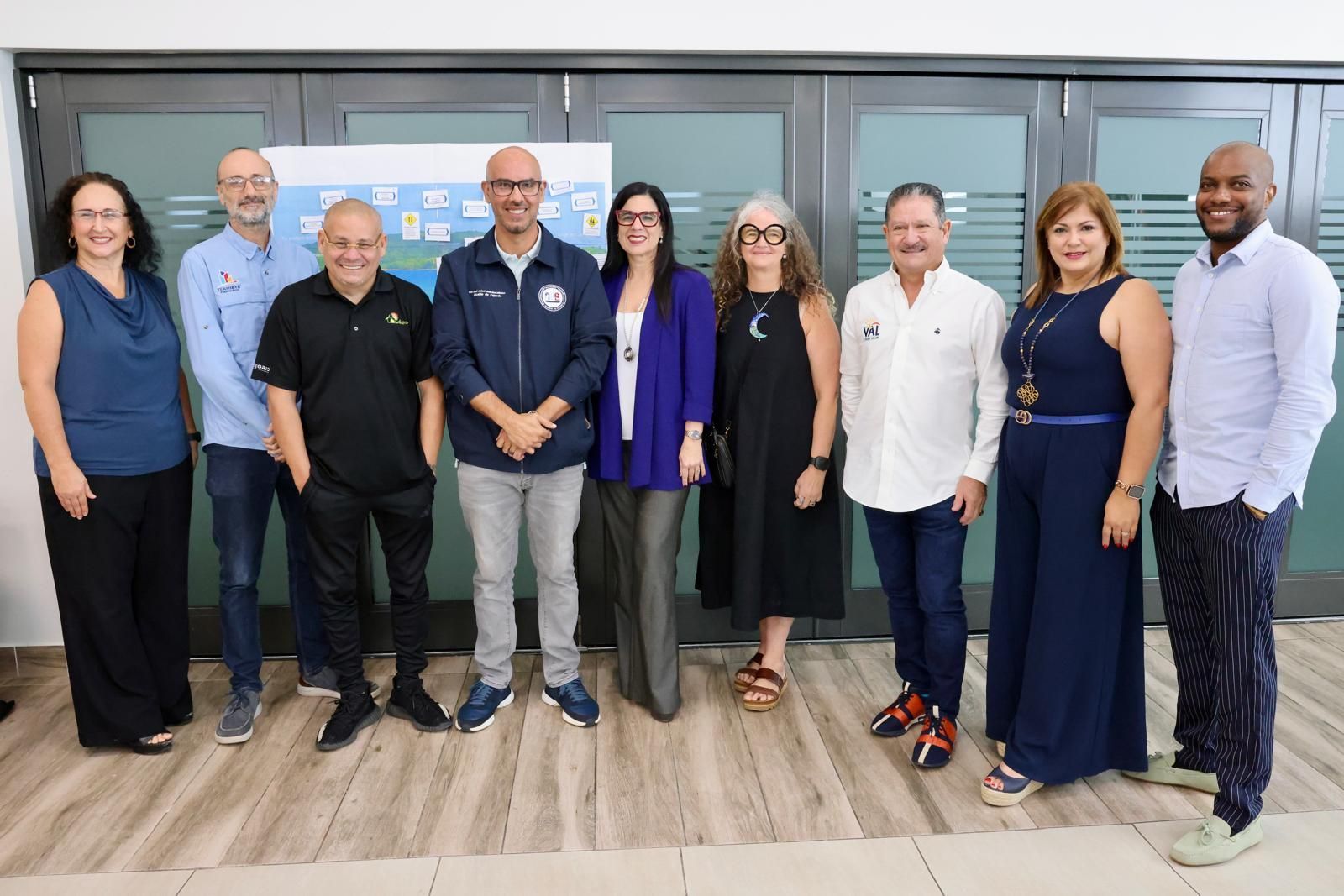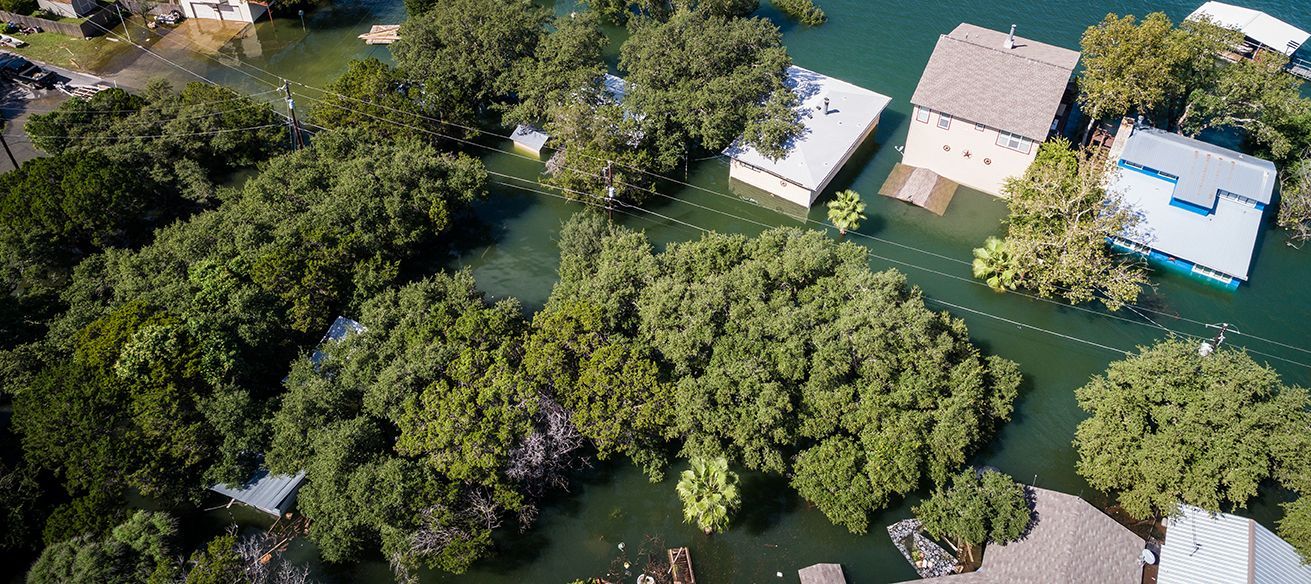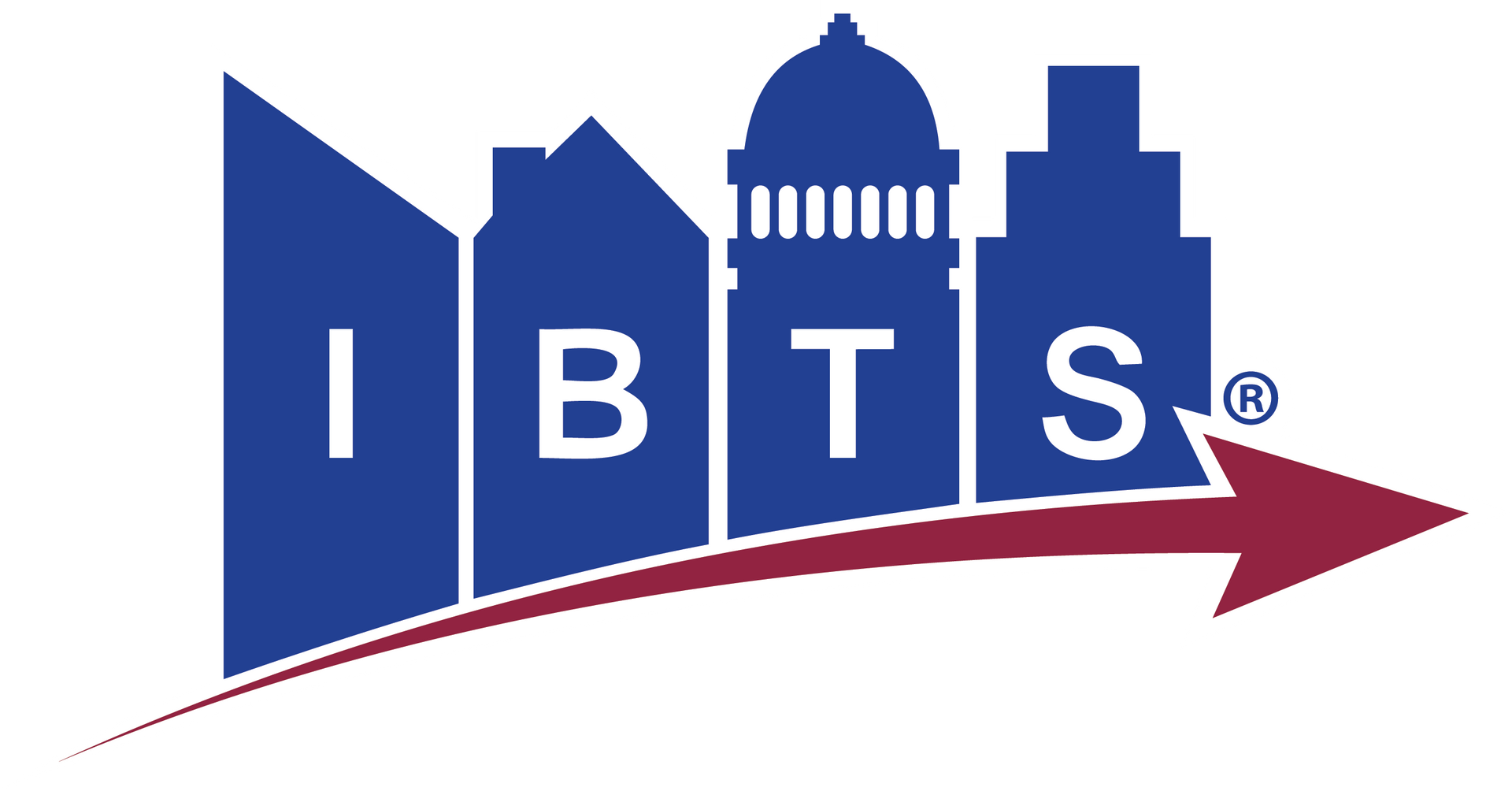IBTS Announces Completion of First Keep Safe Puerto Rico Training Course
Share this article:

ASHBURN, VA—The Institute for Building Technology and Safety (IBTS) is happy to announce the completion of its first Keep Safe Puerto Rico training course, held January 25-26, 2021.
Through a contract with the National Renewable Energy Laboratory (NREL) funded by the U.S. Department of Energy (DOE), IBTS is providing technical assistance to contractors performing building design and construction work on the island through the Puerto Rico Department of Housing (Vivienda) and the Home Repair, Reconstruction, and Relocation (R3) program.
This effort is part of the island’s recovery from Hurricanes Irma and Maria in 2017. Vivienda is responsible for administering U.S. Department of Housing and Urban Development (HUD)’s Community Development Block Grant Disaster Recovery (CDBG-DR) funds, including those allocated to the R3 program, which assists with the repair or reconstruction of single-family homes damaged by the 2017 hurricanes.
The eight-hour Keep Safe Puerto Rico course, developed by IBTS and significantly based on Enterprise Community Partners’ Keep Safe Puerto Rico guide, aims at increasing the island’s housing resilience by educating Vivienda and R3 contractors on the importance of repairing or rebuilding homes in compliance with the building code, increasing resilience to hurricanes and other disasters and major weather impacts, and incorporating renewable and energy efficient technologies and building practices.
IBTS is uniquely qualified to develop and deliver this curriculum given the organization’s decades of experience in the built environment, providing building code, resilience, disaster recovery and mitigation, as well as solar and renewable energy quality management services.
Fifty participants, including construction managers, engineers, and architects, attended the course. Thirty of the trainees received continuing education credits from the Colegio de Ingenieros y Agrimensores de Puerto Rico (CIAPR).
“The course provided an opportunity for these essential recovery professionals to learn about designing and building homes that are resilient to future disasters,” said IBTS Project and Community Engagement Manager Chearamy Miranda Lopez, who led the team of IBTS trainers. As a civil engineer born and raised in Puerto Rico and who lived through the 2017 hurricanes, the work is particularly important to Miranda. “We are incredibly proud to be able to be part of this effort,” she said.
“This program was a great opportunity for IBTS to apply our resilience, building code, building science, and renewable energy expertise to the post-disaster recovery of housing across Puerto Rico,” added Chris Fennell, IBTS’ Chief Development Officer. “We look forward to ongoing collaboration with U.S. Department of Energy, NREL, Vivienda, and Enterprise to serve the citizens of Puerto Rico through this important work.”
About The Institute for Building Technology and Safety (IBTS)
IBTS is a nonprofit organization dedicated to building resilient communities. We are experts in CDBG-DR compliance and fund management; energy efficiency; solar and renewable energy; disaster recovery; strategic intervention in community-based organizations; resilience planning and strategic communication. IBTS’ Puerto Rico office, located in San Juan, has been instrumental in helping the island recover from the aftermath of the 2017 hurricanes. IBTS is guided by a board of directors from five leading governance organizations representing: The Council of State Governments (CSG), the International City/County Management Association (ICMA), the National Association of Counties (NACo), the National Governor’s Association (NGA), and the National League of Cities (NLC).
About the National Renewable Energy Laboratory (NREL)
NREL, the nation’s primary laboratory for renewable energy and energy efficiency research and development (R&D), develops renewable energy and energy efficiency technologies and practices, advances related science and engineering, and transfers knowledge and innovations to address the nation’s energy and environmental goals.
NREL has forged a focused strategic direction to increase its impact on the U.S. Department of Energy’s (DOE) and our nation’s energy goals by accelerating the research path from scientific innovations to market-viable alternative energy solutions.
About Enterprise Community Partners
Enterprise is a nonprofit organization that addresses America’s affordable housing crisis by developing and deploying programs; supporting community organizations on the ground; advocating for nonpartisan policy; and investing capital to build and preserve affordable rental homes.
Media Contact:
Karen M. Johnson
Market Engagement Program Director
C: 530.318.5428





